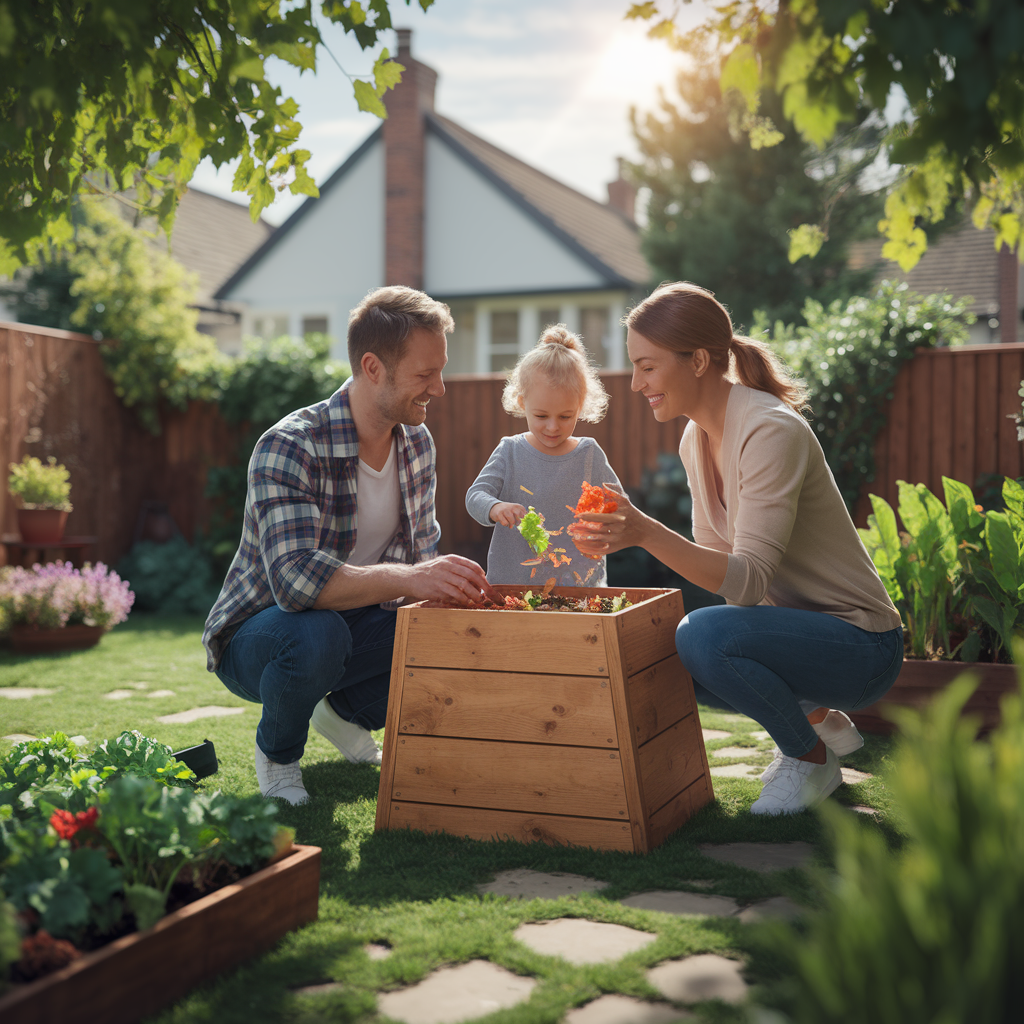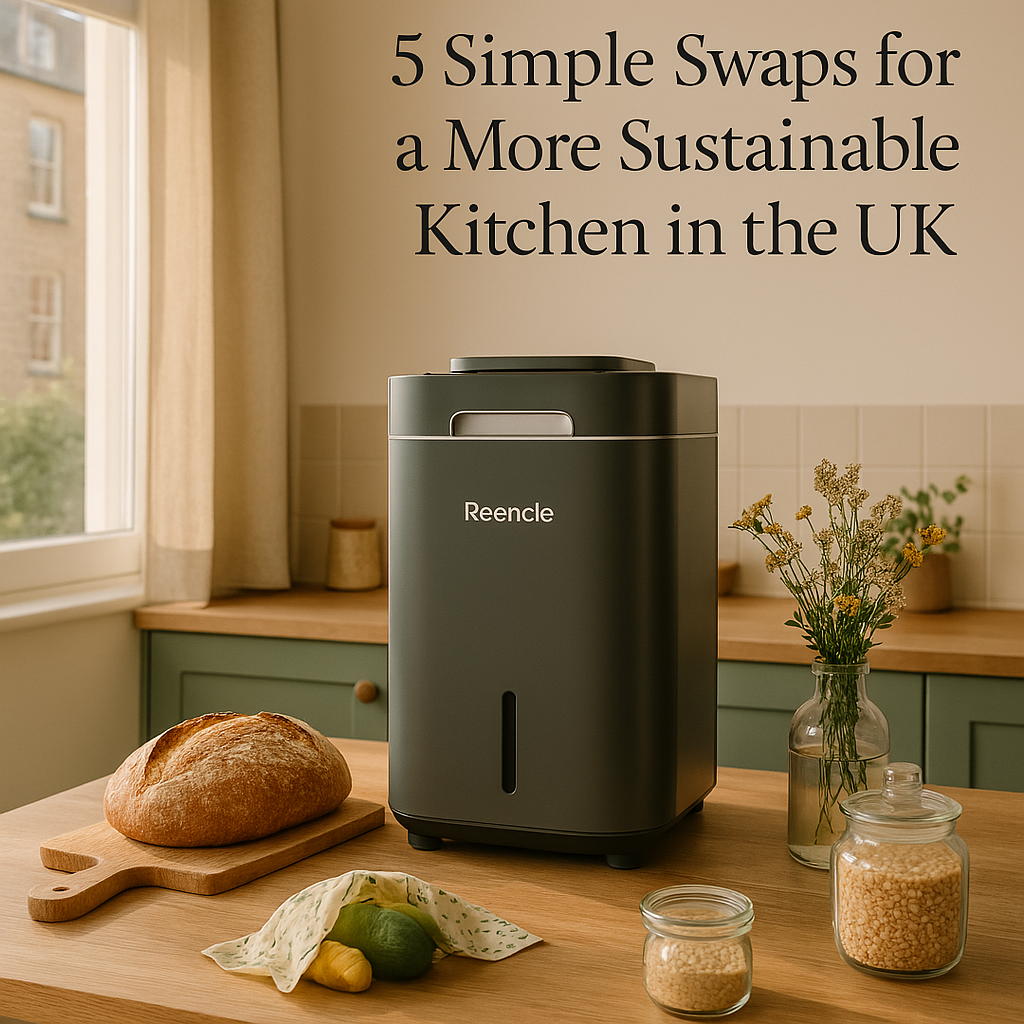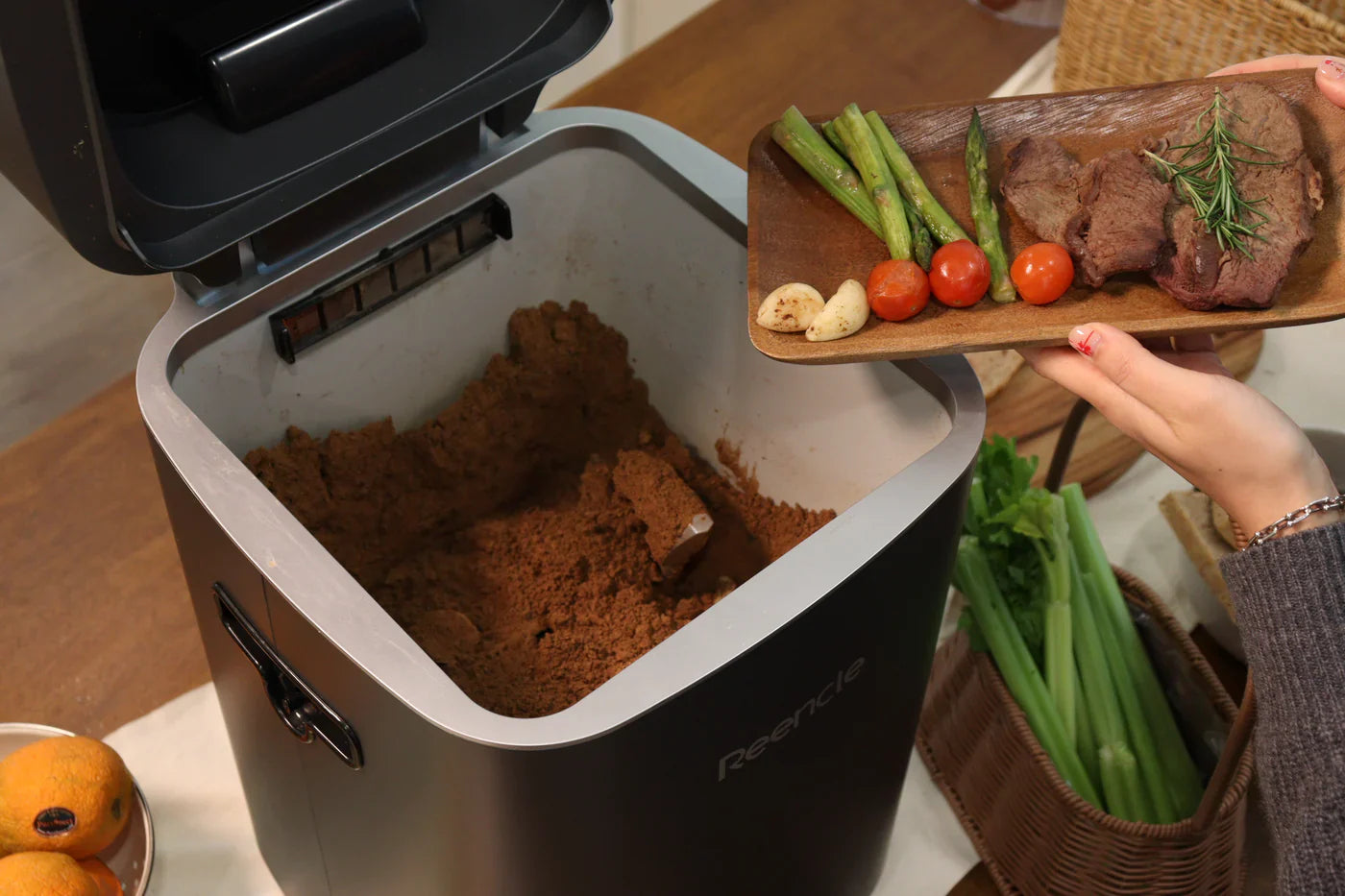Category: Sustainability
Introduction
Food waste is a growing issue in the UK and Ireland, with millions of tonnes ending up in landfills every year. Home composting is an easy and cost-effective way to reduce waste while creating nutrient-rich compost for your plants.
In this guide, we’ll explore budget-friendly ways to start composting at home, whether you have a garden or live in a small space.
Why Composting is Important for Your Home and Budget
- Reduces food waste – Cuts down landfill waste and methane emissions.
- Saves money – Free compost means no need to buy fertilizers.
- Improves soil health – Boosts plant growth with natural nutrients.
-
Cuts waste disposal costs – Some councils charge for green waste collection.
Getting Started – Home Composting on a Budget
Choosing the Right Composting Method
- Traditional Outdoor Composting – DIY bins using pallets or repurposed bins.
- Indoor Composting – Worm bins (vermicomposting) or Bokashi for small spaces.
- Electric Composters – A long-term, low-maintenance option like Reencle.
What Can and Can’t Be Composted?
✅ Compost These: Fruit scraps, coffee grounds, eggshells, grass clippings, shredded paper.
🚫 Avoid These: Meat, dairy, oily food, plastic, pet waste.
DIY Budget-Friendly Composting Bins
- Plastic storage bin composting: Drill holes in an old bin.
- Wooden pallet bin: Stack old pallets for a free compost bin.
- Repurpose household containers: Buckets, barrels, or crates.
Tips to Maintain an Odor-Free and Efficient Compost Pile
- Balance greens and browns – Too many food scraps cause smells.
- Turn your compost regularly – Speeds up decomposition.
- Keep it moist but not soggy – Like a damp sponge.
FAQ – Answering Common Composting Questions
What is the cheapest way to start composting at home?
Use a DIY compost bin from household materials.
Can I compost without a garden?
Yes! Worm bins (vermicomposting) or Bokashi composting work indoors.
How can I prevent my compost from smelling bad?
Balance food scraps and dry materials, turn the pile, and keep it properly aerated.
Conclusion
Composting is an easy, affordable, and eco-friendly way to reduce food waste and improve soil health. Whether you choose a DIY bin, a worm composter, or an electric solution like Reencle, starting today can make a big difference.
By turning food scraps into valuable compost, you save money, reduce waste, and contribute to a more sustainable lifestyle. Small steps lead to big changes, and home composting is a great way to make a positive impact.






Leave a comment
This site is protected by hCaptcha and the hCaptcha Privacy Policy and Terms of Service apply.